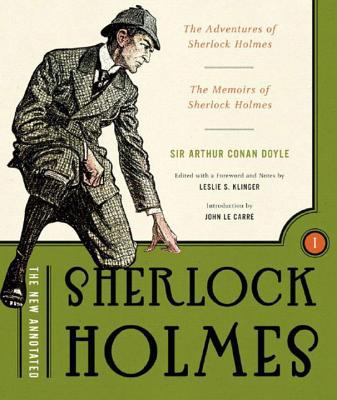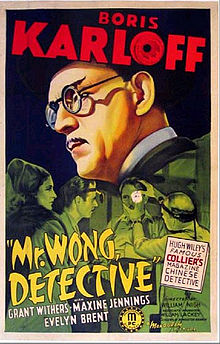 (1) We had a great time. Great food. Warm weather. Incredible flowers and fruits. Great seafood. And we got to spend time in Barcelona, which was so fantastic that Allan (who's been an artist all his life, primarily sculpture) said that if he'd known at 20 what Barcelona was like, he'd have moved there. I'll include, at various stages, some of the reason, mostly Gaudi. (When I first saw his cathedral, I thought, like Dennis Hasset in "Oscar and Lucinda", "many things at once... that it was a miracle... a broken thing... a tragedy... a dream..." I loved it.)
(1) We had a great time. Great food. Warm weather. Incredible flowers and fruits. Great seafood. And we got to spend time in Barcelona, which was so fantastic that Allan (who's been an artist all his life, primarily sculpture) said that if he'd known at 20 what Barcelona was like, he'd have moved there. I'll include, at various stages, some of the reason, mostly Gaudi. (When I first saw his cathedral, I thought, like Dennis Hasset in "Oscar and Lucinda", "many things at once... that it was a miracle... a broken thing... a tragedy... a dream..." I loved it.)
 (2) Because our flight was from Amsterdam to Minneapolis, we managed to miss Hurricane Sandy, thanks to flying over Greenland. Some turbulance, but no cancellations!
(2) Because our flight was from Amsterdam to Minneapolis, we managed to miss Hurricane Sandy, thanks to flying over Greenland. Some turbulance, but no cancellations!(3) Because we were gone for 2 weeks, we missed 2 weeks of election coverage, spin, advertisements, campaigns, and the whole nine yards. May God be praised. And I am not going to say another word (no matter what the results) about it. :)
(4) I got to watch, once again, European TV. After a long day's hiking around a foreign city, I love to kick off my shoes and turn on the tube. For one thing, it's so comforting to know that it's not all like it appears on PBS. In fact, most of it's shlock - bad sit-coms, worse game shows, really boring news shows, and endless cop shows. Just like America. Except that in Europe, the women are sometimes actually naked, and the cop shows mix in a lot of humor, mostly slapstick, with their grit and gore. Oh, and we do have some sense of reality in America. For example: (and, in case you're wondering, no, I don't speak Spanish - but I could get the gist of it, and most of it was practically in pantomime.)
Only on European TV would the cop's wife show up at the office to discuss things with the mistress (who is also a cop), and then go home to her lover.
Only on European TV would another female investigator, dressed in the mandatory skimpy clothing, skid off a bridge during the mandatory car chase, have her car sail out and then crash land twenty+ feet below, UPSIDE DOWN, on top of a bunch of other cars, crushing the roof, without any damage to her hair, body, make-up, or clothing. Instead, she managed to climb right out of that car and walk. In fact, I think later that evening she had sex.
Only on European TV would the slapstick partner have no idea that there's an illegal substance in that gift pillow and, at the party later that night, get everyone at the party so stoned that they all pass out. The next day, everyone had a good laugh but not, I noticed, any investigation of either the drugs or the partner.
All of this was on the same episode, in which the main investigation was of a middle-aged female serial killer whose victims were elderly women she met at bingo, befriended, and, after smoking a ritual cigarette in their bathroom (don't ask me why), came out and killed them with a wet towel. She was also the cook at the local cafe, and fed every cop on the show her world-class tortilla (Spanish omelet with potatoes and onions), and it broke their hearts when it turned out she was the killer.
Love that Euro-TV!




 In contrast, the Lugosi flick was surprising awful. Bela himself seems resigned to struggling through the movie trying not to tatter his reputation.
In contrast, the Lugosi flick was surprising awful. Bela himself seems resigned to struggling through the movie trying not to tatter his reputation.



